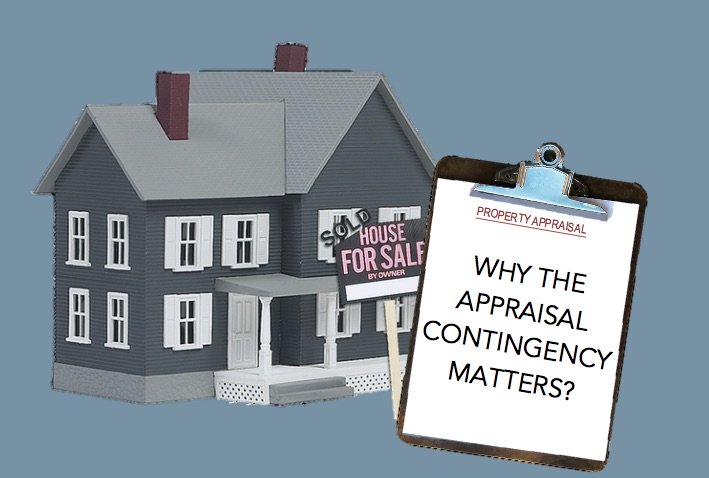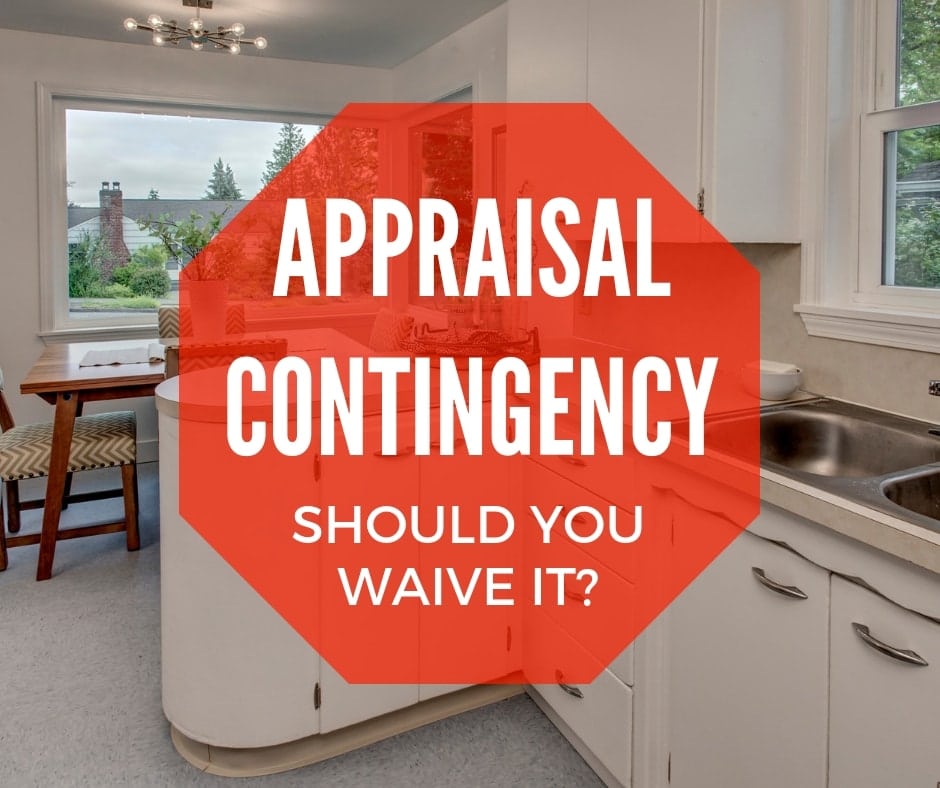Updated on September 23, 2025
A few years ago, Schorr Law’s real estate attorney Zachary Schorr was quoted in an article entitled “An Appraising Eye”, which was included in a new home buyer’s guide.
Understanding the appraisal contingency clause is vital for both buyers and sellers, as it can impact the financing and negotiation aspects of a real estate transaction. Join us as we delve into the intricacies of this essential clause and its implications on home purchases.
Key Takeaways
- An appraisal contingency protects buyers by allowing them to cancel a deal or renegotiate if a property appraises for less than the agreed purchase price.
- Appraisal shortfalls can lead to financing gaps, requiring buyers to either bring in extra cash, renegotiate the purchase price, or walk away using the contingency.
- Waiving an appraisal contingency in competitive markets can strengthen an offer—but also increases financial and legal risk if the property appraises low.
- Understanding the role of lenders, appraisers, and contract clauses is critical for protecting both buyer and seller interests in a transaction.
- Schorr Law provides legal counsel on drafting, enforcing, or navigating disputes involving appraisal contingencies, helping clients avoid costly errors during escrow.
What is an Appraisal Contingency?
We now would like to focus on why the appraisal contingency matters. An appraisal contingency is a condition in a typical real estate contract that allows the potential buyer of the property to back out of the transaction if the property does not appraise at the purchase price.
For example, consider the following scenario:
- Buyer agrees to buy a property for $1 million
- Buyer has $200,000 for a down payment
- Buyer’s lender will only lend buyer 80% of the purchase price, buyer must come up with the remaining amount.
The lender will typically order an appraisal to determine if the property is really worth the amount that the buyer agreed to pay for it. Typically, the appraiser will even get a copy of the purchase appraisal contingency and sale agreement.
Why the Appraisal Contingency is Important?
But, what happens if the property appraises at $900,000? If that were to occur, then the lender would only be willing to lend the buyer $720,000, instead of the $800,000 that the buyer had originally planned on borrowing from the lender. In this scenario, the buyer would have to either come up with the additional $80,000 and now put down $280,000 or back out of the deal. This is why the appraisal contingency is important, it allows the buyer an out if the property does not appraise at or above the agreed upon purchase price.
Contingency Clauses in Home Purchase
This clause allows home buyers to back out of their contract if a home is appraised for less than the purchase price included in the contract.
Of course, if the property does not appraise at or above the purchase price the borrower could try to renegotiate the deal (get the purchase price lowered) if the seller is willing to lower the purchase price to accommodate the low appraisal.
What Happens if the Property Appraises Low?
If a home appraises for less than the agreed purchase price, buyers typically have three options:
- Renegotiate: Ask the seller to lower the purchase price to match the appraisal.
- Bring Extra Cash: Cover the shortfall by increasing the down payment.
- Exit the Contract: Use the appraisal contingency to cancel the deal without losing the earnest money deposit.
Buyers facing disputes over appraisal-based exits or renegotiations may consider a quiet title action if the underlying contract or ownership rights are challenged.
Should You Ever Waive the Appraisal Contingency?
In highly competitive markets, some buyers choose to waive the appraisal contingency to strengthen their offer. However, doing so introduces significant risk, as it eliminates a key financial safeguard.
If the appraisal falls short, the buyer becomes responsible for the full price gap, which can result in financial strain—or even legal disputes if the buyer cannot close. Our team has seen cases where waiving contingencies led to misunderstandings or even partition actions between co-purchasers unable to agree on how to proceed.
Legal Guidance for Buyers and Sellers
At Schorr Law, we routinely advise clients on appraisal contingencies and other contract clauses that can make or break a deal. Whether you’re preparing to enter escrow, need advice on how to structure a contingency clause, or are facing a dispute related to a low appraisal, our team is here to help.
For help with your purchase and sale disputes, please do not hesitate to contact us. At Schorr Law, we frequently advise buyers and sellers (even when they have real estate agents) on the terms of their deal and help them navigate escrow.

